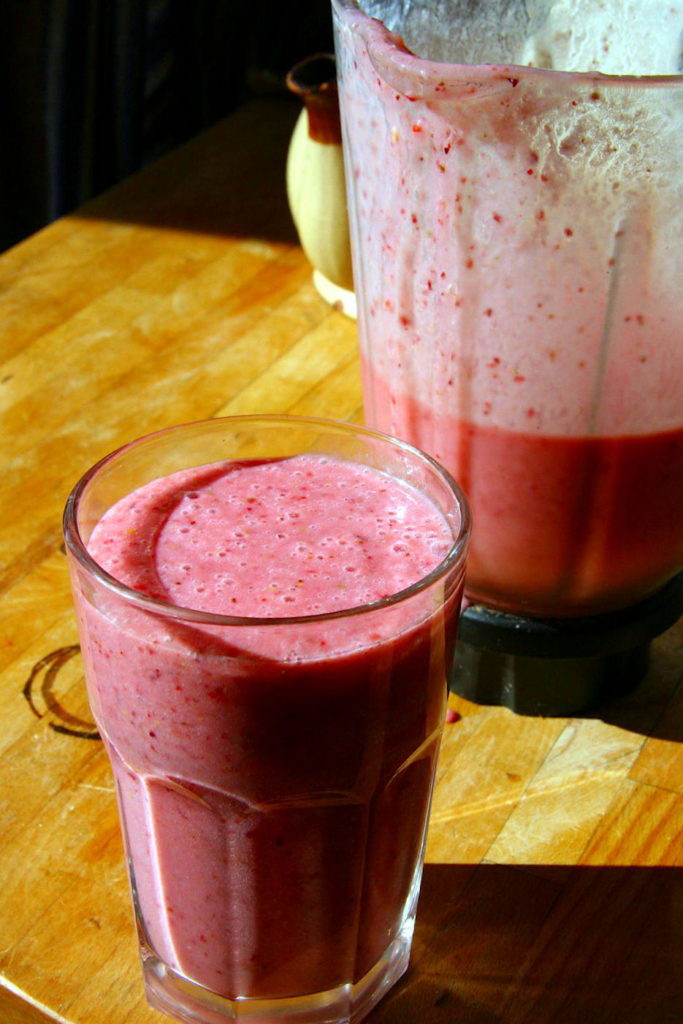
Having a fit in shape body is everyone’s desire, but achieving that goal is quite challenging for most. Putting yourself into an intense workout without having proper food guidance can hinder your success in achieving your fat loss goals and leave your body craving for food. It is always your diet which decides the pace of effects of your workout. Here are the 8 food and nutrients guidelines that you should include in your diet to achieve the best results.
1. Include High-Protein Food In Your Diet
Including high protein food in your diet is of utmost importance if you are putting your body into an intense fat-burning workout because while you are burning fat you may also lose your lean muscle mass. Protein helps you to maintain your muscle mass and build more muscle. According to a study by The Journal of Nutrition, high protein consumption also keeps your metabolism at a good level to help you to lose weight.
Incorporating high protein food in your diet keeps your hunger fulfilled and reduces appetite. Reduced appetite means you intake very fewer calories which results in you reducing weight and gaining less fat.
2. Add Vinegar to Your Diet
Adding 15-30 ml of vinegar such as apple cider vinegar to your daily diet can have a number of health benefits. Some of these benefits include regulating insulin levels, lowering blood sugar, and boosting your metabolism. Vinegar can also aid in lowering your body fat as was published in a study by MedGenMed, 2006. Vinegar also helps to reduce appetite, which is a great benefit for people looking to control their calorie intake.
3. Drink Coffee And Other Healthier Beverages
Beverages like soft drinks and alcohol come with a lot of calories. Reducing your intake of these and switching to healthier drinks like water and caffeine can help you a lot in reducing weight. Caffeine is used in almost every supplement for shredding fat. It makes you energetic and enhances your metabolism which speeds up the process of breaking down fatty acids.
4. Increase Fiber Intake
Fibre helps to keep your hunger satisfied without adding any calories to your diet. It absorbs water and keeps your digestion process slow and steady to let you feel satiated for longer periods of time. One of the studies, published in Obesity(Silver Spring) 2012, found that increasing only 10 grams of daily fibre intake reduced 3.7% of belly fat when it was tested on 1114 adults for 5 years in normal course of life.
5. Reduce Refined Carbs And increase Healthy Fats
Refined grains lose their fibre and nutrients during the process of refining which in result causes obesity and increased belly fat. Having a higher glycemic index adversely affects sugar levels, increasing your insulin levels, which can make you feel hungry. Reducing the intake of refined carbs prevents you from accumulating belly fat. According to a study, published in the European Journal of Clinical Nutrition 2009, healthy fat is better than low fat in reducing weight. By taking time in the digestion process healthy fats suppress hunger and reduce appetite.
6. Add Probiotics to Your Diet
A healthy digestive tract is essential for weight loss and overall health. Inside of your digestive tract is a special type of beneficial bacteria called probiotics. Maintaining enough of these friendly bacteria, namely the genus Lactobacillus family, can be achieved through supplements or by adding natural bacteria-rich food sources into your diets such as tempeh, yogurt, kimchi, and kombucha.
A review of 15 different studies showed significant weight loss and reduced body fat percentage in people who took a daily probiotic vs people who took the placebo pill. A healthy digestive tract is not only beneficial for weight loss, but it can also have strong positive effects on your immune system and even your mental health.
7. Increase Your Iron Intake
When it comes to weight loss and shredding fat, it is important to get enough nutrients and minerals such as iodine and iron in order to maintain a healthy thyroid gland. Your thyroid gland is located in your neck and controls the hormones that are in charge of your metabolism. If you are experiencing weakness, fatigue, shortness of breath, or unexplained weight gain, these may be symptoms of a thyroid imbalance or iron deficiency.
By ensuring you eat enough iron-rich foods such as seafood, poultry, leafy green vegetables, dried fruits, and beans, you can support your thyroid which will stave off fatigue, and help increase your energy so you can be more active.
8. Do Intermittent Fasting
One study published in Nutritients Reviews 2015 discovered that practising intermittent fasting for 3-12 weeks helped people to reduce their body weight up to 7% and body fat by up to 5.5kg. It involves skipping dieting and eating normal healthy meals during a shorter time frame in the day and allowing your body time to burn calories you already have stored in your body.
Conclusion
Maintaining a healthy balanced diet and incorporating regular exercise into your daily routine is essential to maintaining a healthy weight and managing body fat. By implementing some of these steps into your routine, you can maximize your weight loss efforts and shred body fat while still feeling satiated.


